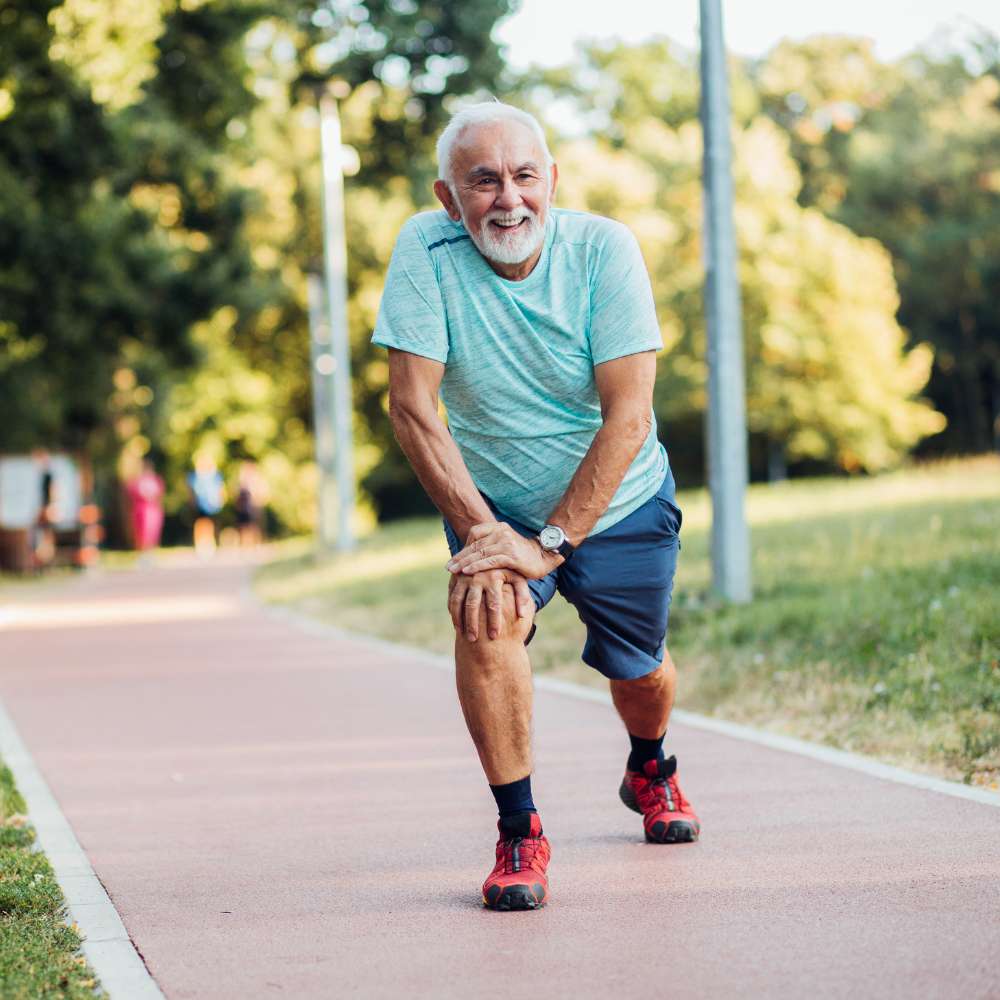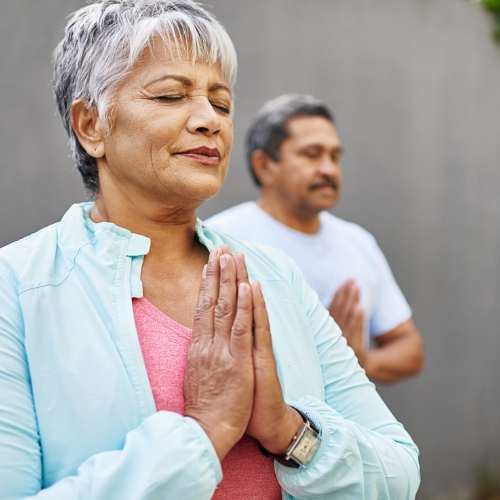Sleep for Chronic Pain Management
A good day makes a good night.
Plan your day to help your night and your day will be better.

Support for Chronic Pain Management

Sleep for Pain Management

Nutrition for Pain Management

Exercise for Pain Management

Guided Meditations for Chronic Pain
Here are some of the conditions to help with a good night’s sleep. You may hear these suggestions referred to as sleep hygiene
Exercise
Get some Morning Sunshine
Alcohol
Caffeine
Supplements
Bedtime routine
Limit time in bed
If you are sleeping very little at night, only allow yourself to be in bed about 7 hours. As you are able to sleep for 7 hours, increase your time in bed by 15 minutes. Do this until you work your way up to 8-8 1/2 hours a night. But remember, not everyone needs 8 hours of sleep. Ask yourself: Do I feel rested with the amount of sleep I am getting? Do I have the energy I need for my day?
Keep a sleep log
Get Into a Rhythm
Food Matters
Nicotine
Foods that may help with sleep
Bedroom / Sleep Area Atmosphere
Quiet your mind
- Stressed – Try a relaxation mediation or relaxing music
- Mind racing – Listen to a relaxing audiobook, guided imagery recording, practice a breath focused meditation, try a progressive muscle relaxation.
- If you can’t sleep after about twenty minutes in bed, get up and leave the bedroom.
- Do something else until you feel tired and then return to bed. Remember this activity shouldn’t be too stimulating or involve much light.
- Ask yourself: Do I feel rested with the amount of sleep I am getting? Do I have the energy I need for my day?
Avoid napping
Try Cognitive Behavioral Therapy for Insomnia (CBT-i)
If you can’t find a therapist that is trained in your area, there are now CBT-i apps available.
![]()
Download the App:
iTunes (iOS)
GooglePlay (Android)
Better sleep is a process.
Remember that you have done OK without sleep, so you will be OK tomorrow if you don’t sleep tonight. Relax and let go. For chronic sleep issues and for evaluation of sleep conditions, such as sleep apnea, please discuss your concerns with your medical provider and you may ask for a referral to a sleep medicine specialist.
